The World Bank (WB) said that the world's growth prospects are brighter. However, the rise of new trade barriers and widespread protectionist policies have posed a long-term threat to global growth.
 |
| The World Bank said that the world's growth prospects are brighter. |
In its latest Global Economic Prospects report, the World Bank raised its forecast for global growth to stabilize at 2.6% this year, up from its January forecast of 2.4%, and predicted it would rise to 2.7% in 2025.
Fragile outlook for second half of 2024?
“Four years after the shocks caused by the Covid-19 pandemic, military conflicts in Ukraine and the Middle East, inflation and monetary tightening, global economic growth appears to be stabilizing,” said Indermit Gill, chief economist of the World Bank.
However, sluggish growth continues to haunt the world's poorest economies, which are still struggling with inflation and high debt burdens. The World Bank notes that over the next three years, economies that account for more than 80% of the world's population will grow more slowly than they did in the decade before the pandemic. Meanwhile, the better forecasts are being led by the resilience of the world's largest economy - the US. But advanced economies in Europe and Japan are growing at just 1.5% a year, with output remaining low. In contrast, developing and emerging economies are growing at 4%, led by China and Indonesia.
In the World Economic Situation and Prospects Report, the United Nations (UN) assessed that the global economic outlook has improved compared to previous forecasts, with major economies avoiding a serious recession, although still facing some challenges. Most major economies have managed to reduce inflation without causing unemployment to increase and leading to recession.
Specifically, the latest UN report forecasts that the global economy will grow 2.7% in 2024 and 2.8% in 2025, up slightly from the forecast at the beginning of the year of 2.4% for 2024 and 2.7% for 2025. The UN raised its world economic forecast thanks to a more optimistic economic outlook in the US, which could achieve a growth rate of 2.3% this year, and some leading emerging economies such as Brazil, India and Russia. China's economy is forecast to grow 4.8% in 2024, up slightly from the 4.7% forecast in January.
Meanwhile, the Organization for Economic Cooperation and Development (OECD) raised its forecast for global economic growth this year and next year, thanks to a strong recovery in the US economy, while the Eurozone lagged behind. Accordingly, the global economy this year maintained the same growth rate of 3.1% as last year and accelerated to 3.2% next year. In its February 2024 report, the forecasts for global economic growth this year and next year were at 2.9% and 3%, respectively.
However, in the second half of the year, despite improved prospects, the global economy continues to face significant uncertainty from the Russia-Ukraine conflict and the Israel-Hamas “flashpoint” in Gaza that could spill over into the wider region. Trade tensions between the world’s two largest economies, the US and China, are also rising and could further destabilize international trade. The EU is considering new taxes on Chinese green energy technology, amid growing concerns about the country’s industrial overcapacity…
In such a fragile outlook, the World Bank notes, “trade-distorting policies” such as tariffs and subsidies have increased sharply since the Covid-19 pandemic. The World Bank warns that such measures are distorting supply chains, making them less efficient, and “redirecting” trade flows to avoid import tariffs.
In the same view, UN experts said that the economic outlook is only cautiously optimistic, as persistently high interest rates, bad debts and escalating geopolitical risks continue to be barriers to stable and sustainable economic growth. Severe climate shocks pose many challenges to the global economic outlook, putting decades of development achievements at risk. Rapid technological change - including artificial intelligence - is bringing new opportunities and risks to the world economy.
Shaping the multipolar international economic balance
The Eurasiareview website commented that the world's politics is being shaken and its center of gravity is shifting. Western Europe and part of the East are falling into obscurity, the old continent of Europe is losing its appeal.
In early 2010, commenting on the Telegraph, Professor Gary Becker - who won the Nobel Prize in Economics in 1992, affirmed that "Asia will be the new center of gravity of the world". It would be beneficial for the US to accept the fact that objective demographic, economic and social developments are turning Asia into the world's main center of gravity in the 21st century.
The shift of the center of gravity from the Atlantic to East and South Asia is an inevitable development that has been decades in the making. An interesting political issue is that Moscow and Washington are only indirectly involved in this process. Henceforth, the growing influence of the countries in this region is not negated or hindered by their political ascendancy.
In this context, the Russia-China relationship is at its peak. The two economic giants are together forming a solid foundation for a new multipolar and balanced international order. According to Professor Gary Becker, the basis of Russia-China cooperation has stood the test of nearly 30 years, together with many international crises in recent decades. Therefore, one thing the West must understand is that “the sand they feel shifting under their feet is much deeper and these are unstoppable earthquakes.”
According to the Asian Economic and Integration Outlook 2024 report released at the Boao Forum in March 2024, the Asian economy continues to face many internal and external challenges, but will still maintain a relatively high growth rate thanks to strong consumption drivers and proactive fiscal policies.
Asia's trade and tourism sectors are expected to reverse the downward trend thanks to key drivers being the strong growth of digital trade, the rapid recovery of tourism, as well as progress in implementing economic and trade agreements such as the Regional Comprehensive Economic Partnership (RCEP).
In terms of investment attraction, Asia is assessed as “still full of vitality and an attractive investment destination”, with FDI capital flowing mainly into four main sectors: consumption, industry, electronics and semiconductors… This is a positive signal, because when investment capital flows more into sectors such as advanced manufacturing, it will contribute to improving productivity and significantly increasing the added value of Asian products.
In addition, a series of macroeconomic regulation policies of major economies are expected to continue to take effect and contribute to strengthening the recovery momentum of the Asian economy this year.
Asia currently has three of the five largest economies in the world. China alone contributes more than 30% to global growth. The strong development in recent years has made Asia an indispensable link in areas such as trade, investment or production... And the most noticeable impact is the trend of shifting economic focus from the West to the East, thereby shaping a more multipolar and balanced international economic balance.
For countries in the region, the stable development of major economies brings many opportunities to expand markets, attract foreign investment and expand supply chains. In addition, the leading role of these economies is also an important premise to promote exchange, cooperation and regional integration.
Of course, along with the bright future also comes many challenges, requiring smaller economies in the region to make efforts to improve productivity, product quality, as well as infrastructure and business environment to be able to increase competitiveness in trade and investment.
As the center of the global supply chain, producing and exporting a wide range of goods to the world, the Asian region’s economy is increasingly asserting its great role in the global economy. The increasing economic cooperation and linkages between Asian countries will certainly help the region to further enhance its position in the future.
Source: https://baoquocte.vn/kinh-te-toan-cau-trien-vong-dan-tuoi-sang-275701.html


![[Photo] General Secretary To Lam attends the 1st Congress of the Central Party Committee of the Fatherland Front and Central Mass Organizations](https://vphoto.vietnam.vn/thumb/1200x675/vietnam/resource/IMAGE/2025/9/23/2aa63d072cab4105a113d4fc0c68a839)





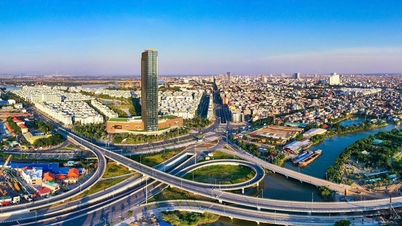











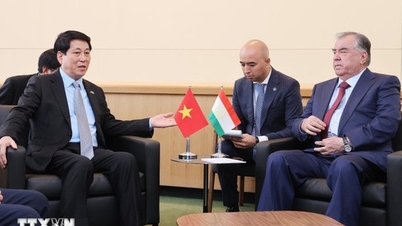

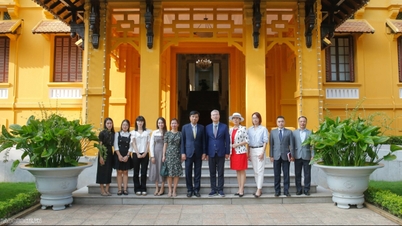
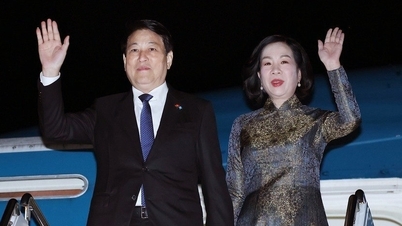


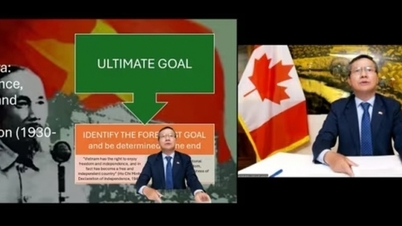











![[Photo] Prime Minister Pham Minh Chinh chairs the first meeting of the Central Steering Committee on housing policy and real estate market](https://vphoto.vietnam.vn/thumb/1200x675/vietnam/resource/IMAGE/2025/9/22/c0f42b88c6284975b4bcfcf5b17656e7)
































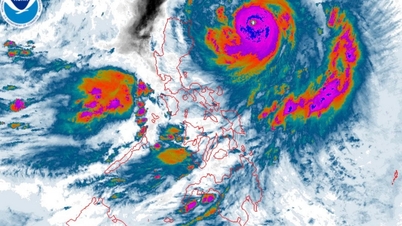
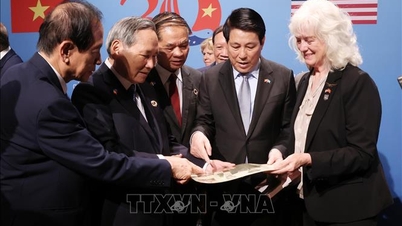



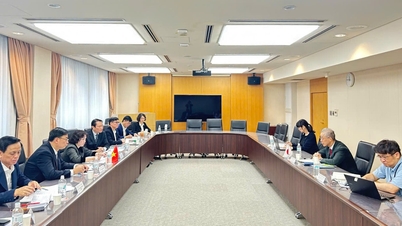



























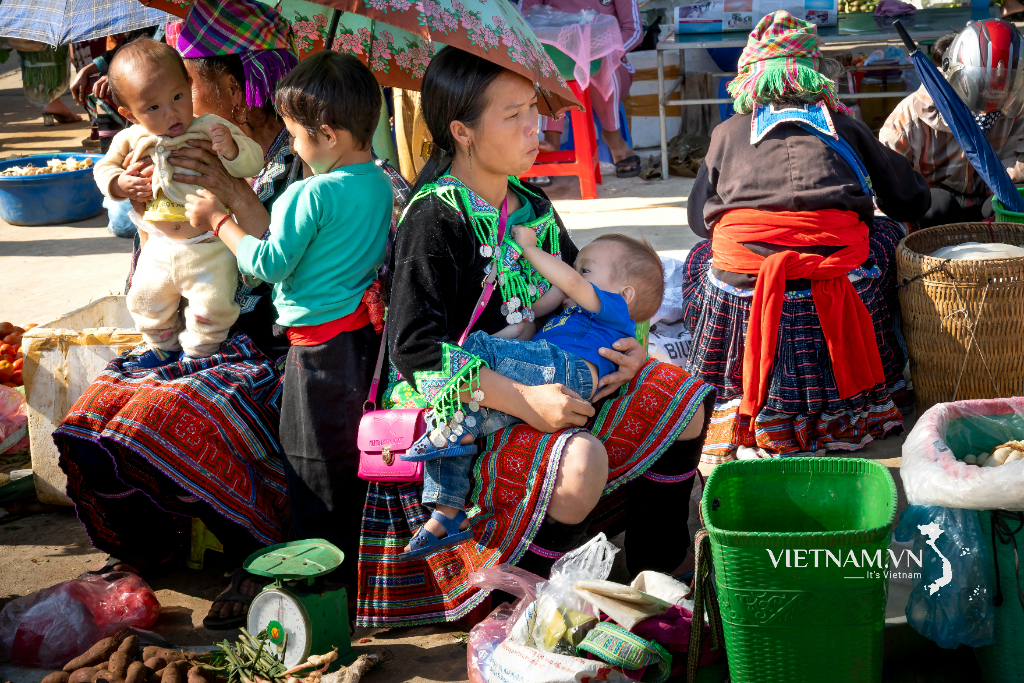



Comment (0)